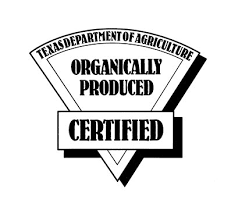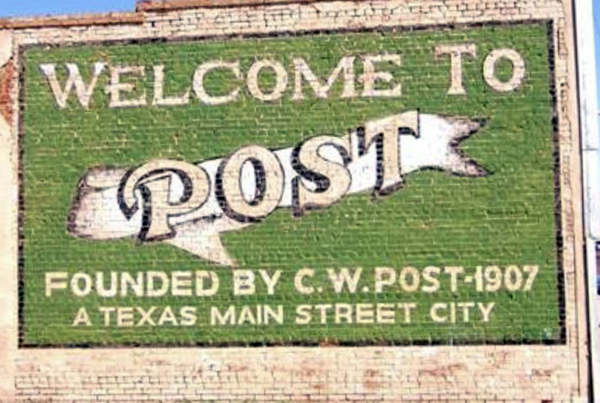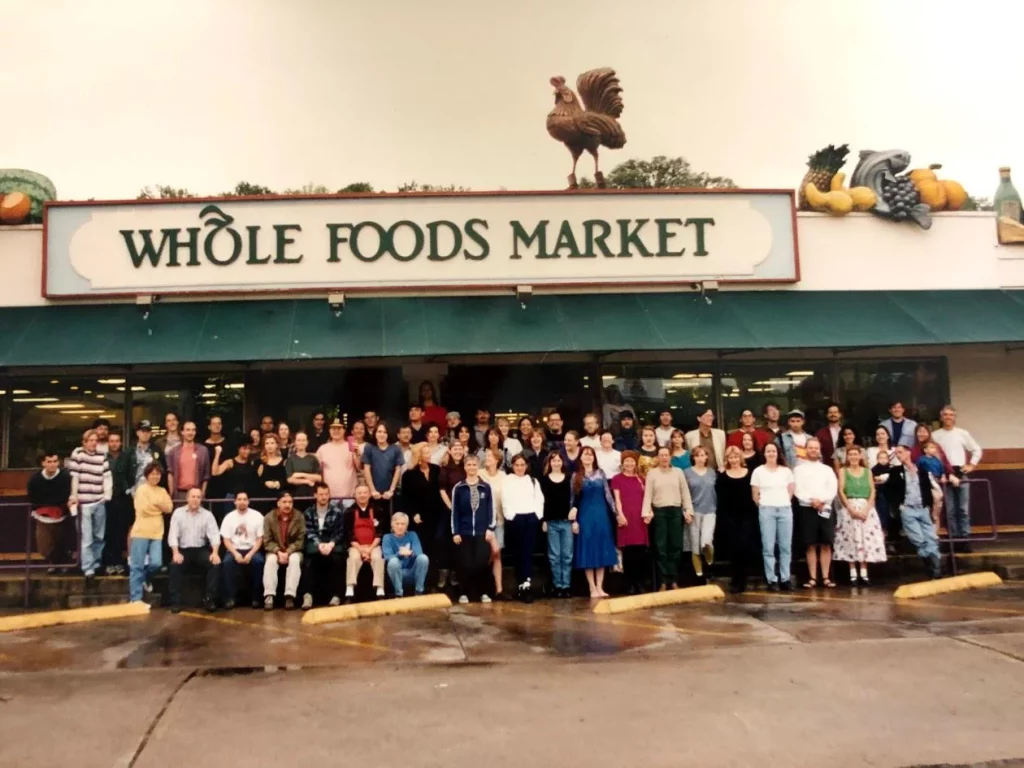Hightower and the Business of Organics in Texas
In this Substack, we continue to tell the forgotten story of Hightower and the Texas Department of Agriculture in the 1980s.
One of the forgotten stories that should be remembered is the role Texas played in the Organic Food Industry. Texas was the first state to create a certifiable Organic label. A certifiable label was essential to the expansion of the Organics industry, because…well, it may come as a surprise, but sometimes corporations lie. And a lot of produce that wasn’t really organic was being labelled as such. A verifiable label that inspired trust allowed the organic industry to exponentially increase its sales.
How did Texas, the land or cotton, cattle and corn, end up at the cutting edge of new age Organic industry? Simple…Texas, for 8 years had a state agency that cared about family farmers. The Hightower TDA philosophy was that if people wanted to buy organically produced food, then the TDA would help those farmers who wanted to sell it to them. It seemed like an imminently reasonable way to run a state agency.
Hightower came into office with a philosophy of helping the small family farmer survive in an increasingly corporatized and top heavy economic world. It was a basic Texas populist belief that the government should help people reach up and get some of that jam off the top shelf.
“Our philosophy was that the word “free” in free enterprise is not an adjective, it’s a verb. You got to free up the enterprise – people – and give them the tools so they can develop their own economy,” Hightower explained in a 2022 PHIT interview.
In the 80s, there was an increasing consumer demand for organic, pesticide-free produce. The market demand started slowly in the 70s with environmentalists and hippies who wanted to know what was going into their food.
I personally worked in an Austin neighborhood food coop, the Avenues Coop, in the mid-70s, and there was enough interest in healthy food to run a store front for two years with mostly volunteer labor.
We weren’t the only Texans interested in healthy produce. There is a long and mostly forgotten history.
Hightower, in an oral history that PHIT undertook back in December of 2022, reminded us of Post, Texas, which was founded by C.W. Post, the health food advocate who created Post Toasties and Grape Nuts. Granted, that’s not anyone’s idea of health food these days, but, in the early 1900’s, it was. The Post cereals were made out of actual, real grains. In 1907, Post founded the self-named town of Post, Texas, hoping to create a utopia.
Even further into West Texas, Frank Ford, a Texan pioneer in organic farming, believed that pesticides and herbicides polluted the simple goodness of ingredients made from nature. So he set out to farm organically grown corn and wheat. Arrowhead Mills, in Deaf Smith county, was founded in 1960. Ford is noted for his “pioneering work in developing the infant organic industry spent countless hours crusading for organic agriculture.”
The early years were difficult ones. Ford explained that he “…would work 18-hour days, dividing my time between an old LA Case tractor and a $400 pickup truck which I used to haul cases of organic stone-ground wheat and cornmeal to local food stores. Local, in this case, meant traveling up to 150 miles to make a delivery.”
During the time he was active in the organic industry, Ford–and Arrowhead Mills–helped develop a grassroots network of farmers, distributors and retailers to handle organic products.
If you are interested, you can still locate the Deaf Smith Organic Farms Cookbook on Amazon.
Hightower set up an Organic Advisory Board early in his administration to advise the TDA on organics. Boyd Foster, then CEO of Arrowhead Mills, sat on the Board.
Also on the Board was Dennis Holbrook, a farmer from the Valley who turned to organics when he realized that his personal level of blood toxicity from pesticides was at a dangerous level.
Holbrook began farming organically in 1984, and has since become the largest organic citrus and vegetable grower in Texas, with over 500 certified acres. His product line currently consists of the famous Texas Rio Star grapefruit, several varieties of oranges, Meyer lemons, red and yellow onions.
Organic methods have drastically lowered his chemical costs, reduced his water use, restored soil health, produced a safer and more nutritious product for his customers, and created a better price value for his business. Read his story in an earlier PHIT blog.
Hightower tapped into supermarkets as well.
“Both HEB and Whole Foods had seats on the advisory board.
HEB, for example, is a statewide chain here in Texas. Really quite a progressive group because of its CEO Charlie Butt, who was young. He had taken over the business from his father. He believed in organic or he was very intrigued by it and its marketing potential. He bought some organic produce from various farms for some of his stores. …He began to make the caretaking of the organic produce aisle a priority within the store.”
John Mackey, owner of Whole Foods, complained mightily about government interference after he made his billion selling organic and healthy and expensive food. But the fledgling Whole Foods would not have been able to go national without a government sponsored organic label.
Hightower approached the Texas Department of Agriculture as a state agency for the small farmer, the small business, and not an agency for agribusiness.
We asked Hightower why he thought people have forgotten about Texas being the first in the nation with a certifiable Organic Label.
“The agribusiness powers that be, which are overwhelmingly chemical and not just corporate, but monopolistic entities, have no interest in organic. They don’t like people like me meddling with a corporate structure of agriculture, where workers can be sublimated and exploited, or farmers can be exploited and have their price dictated to them, where food can be marketed by advertising rather than the actual quality of it.
That is what we defied in eight years in the Texas Department of Agriculture. By we I mean less me than people like you and others who were brought in to show another way, that agriculture is more about culture than it is about agribusiness. It is a culture that produces good food and an abundance of food and a semblance of economic fairness.”


